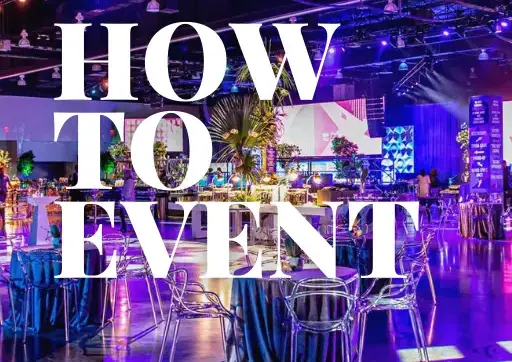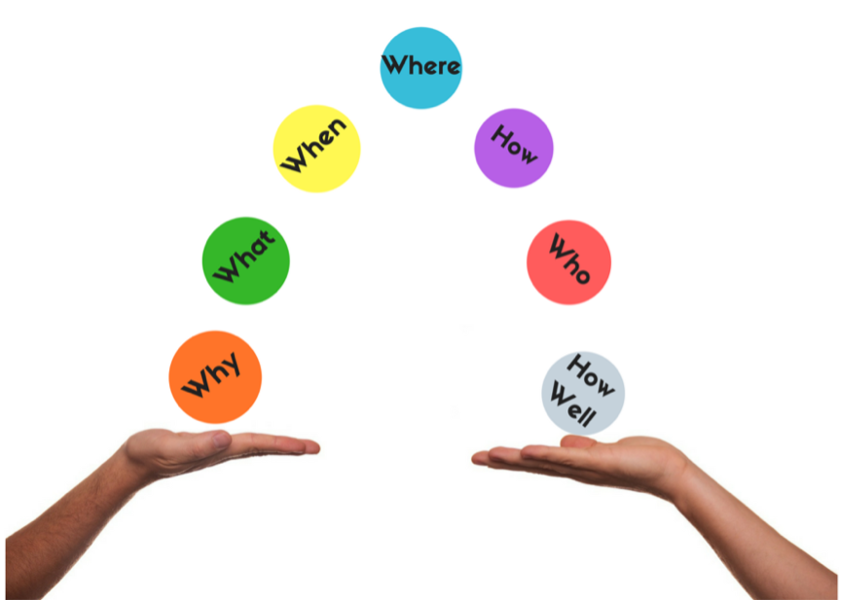Download Part 3 now using the button above to gain access to the final part of our EventMploy E-book for today’s Event Planners. Utilise all planning documents provided to get ahead for your next event.
Who are the right staff for your next event?
The Event Who is the plan about who you will use to help deliver the event. For smaller events you may do all of the delivery yourself but even so it is likely you will still have suppliers that you will use. Some of the other groups of people and suggestions about how to build relationships are listed below.
Volunteers
Volunteers are a tricky group to manage, because they are volunteers you may feel as though you don’t have the right to expect good performance, but you do! This takes leadership skills though and an ability to influence people to get the outcome you need to achieve your vision.
There are a lot of Apps that help you recruit and communicate with volunteers but they need more information than you think they do.
The volunteer’s job may be fairly easy but for your event to be a success you will need to give them information about how to do that job well. Try to think about all the different questions attendees might ask them and give them enough information to be able to answer those questions confidently.
For example, if your event is a community festival and you have volunteers selling ride tickets, create a “ready reckoner” for them so they know exactly what they are charging for two, four, six, eight tickets of whatever packages you have, give them some idea about the rules, can they give attendees a refund, if so under what circumstances?
f you have a number of volunteers filling shifts during the day make sure you have a system where the person off duty is to give the next person a briefing about what they need to do.
It might seem like you are giving them too much information but if you don’t provide enough information, two things can happen – either they will feel that they are unable to contribute because they don’t have enough information and they may not want to volunteer again or they will make their own decisions that are not in line with the event values and this could damage the brand of the event.
Event Suppliers
Choose event suppliers carefully because they can make or break you event. If possible ask around and get some recommendations for their services.
Things to consider,
- are they responsive to your queries?
- If they get back to you in a reasonable time this may indicate that they will be reliable.
- If they are providing additional information on top of what you have requested this is a good sign, as long as it is relevant, this will indicate to you that they know their business and they understand what you are trying achieve.
- If they offer suggestions for how you might produce the same result or better results with a different approach once again this will help identify that they know their business and they really want to help you deliver a fantastic event.
Use the table following to make notes about suppliers and services. It’s handy to keep notes on supplier’s service and prices for future events.

